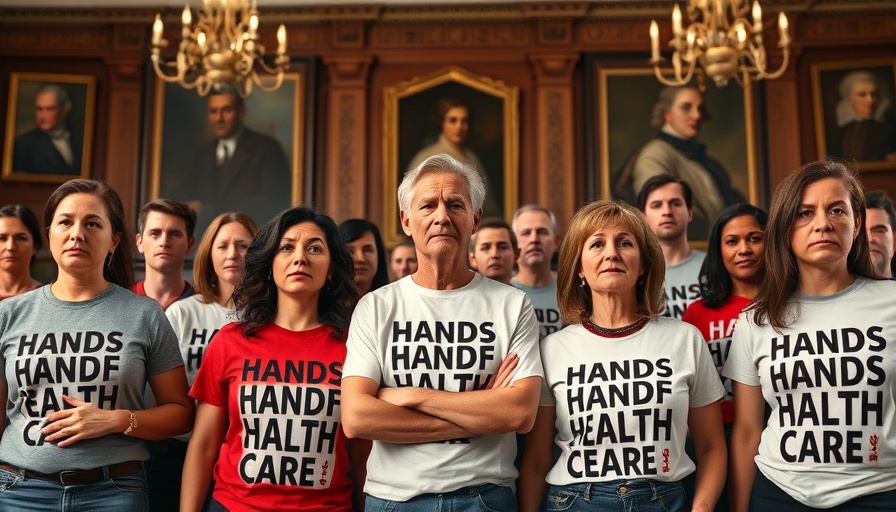
Trump's Massive Tax Bill Faces Major Health Care Roadblock
In a significant turn of events, a Republican proposal aimed at cutting $250 billion in Medicaid and other health-care spending has encountered a procedural hurdle in the Senate. This roadblock complicates the efforts to pass a tax and spending package proposed by former President Donald Trump, and it highlights the contentious nature of health care funding in American politics.
Understanding the Procedural Snag
The Senate's legislative rules-keeper recently ruled that key health care provisions within the tax bill were ineligible for a special fast-track procedure. This procedure is designed to allow Republicans to bypass the need for Democratic support while still balancing the intricate rules of the Senate. The disallowed provisions aimed to limit states' abilities to tax health care providers to fund Medicaid, the vital insurance program for low-income and disabled individuals. Additionally, the proposal included penalties for states that used their own funds to provide health coverage to undocumented immigrants.
The Impact on Health Care Providers
For health-care providers like HCA Healthcare Inc. and Tenet Healthcare Corp., the ruling brought potential relief. Hospital shares rose significantly as fears of Medicaid funding cuts diminished, demonstrating the susceptibility of market dynamics to legislative shifts.
Ron Wyden, the top-ranking Democrat on the Senate Finance Committee, criticized the Republican strategy, arguing that attempts to cut spending could lead to severe consequences for American families reliant on Medicaid. He estimated that the spending cuts ruled invalidated totaled around $250 billion. According to Wyden, political strategies that prioritize budget cuts over social welfare could result in negative outcomes for millions of Americans.
GOP's Path Forward: Compromises and Delays
Senate Republican leaders are already in talks to rework the provisions so they align with Senate rules, yet this process could postpone votes on the legislation, originally planned for the coming days. This delay presents challenges for hardline conservatives, especially those like Senator Ron Johnson, who may leverage this opportunity to advocate for further cuts and revisions.
The GOP coalition faces internal dissent, with some representatives stating their intentions to block the bill if it does not sufficiently restrict Medicaid funding. Prominent House members, including Chip Roy and Ralph Norman, express readiness to resist the Senate's version of the bill should it return for approval.
Political Ramifications and Future Projections
This ongoing legislative tussle reflects broader themes within American politics, particularly the tension between aggressive fiscal policies and the protection of vital health services. As historical context suggests, health care has continually been a deeply divisive issue, shaping party agendas and voter sentiments alike.
The ruling could either strengthen the Republicans' position if they manage to restructure the provisions effectively or it may create more partisan conflict, as moderates and hardliners within the party vie for control. Looking ahead, the outcome of this legislative push could significantly influence the overall landscape of health care policy in the United States, affecting millions of citizens who depend on these essential services.
The Broader Social Perspective
The significance of this health care funding issue transcends the immediate political implications; it speaks to the heart of American values regarding health access and support for vulnerable populations. Medicaid serves as a critical safety net, and any cuts could disproportionately affect low-income families and the disabled. This situation serves to galvanize voices on both sides of the aisle, urging policymakers to consider the human stakes behind legislative decisions.
Conclusion: Engaging in the Dialogue
As the Senate works through the complexities of this tax bill, it is more essential than ever for citizens to engage in dialogue about health care policies and their impact on communities. Following this legislative saga closely can empower individuals to make their voices heard in the ongoing debate over the future of health care in America.
 Add Row
Add Row  Add
Add 



Write A Comment